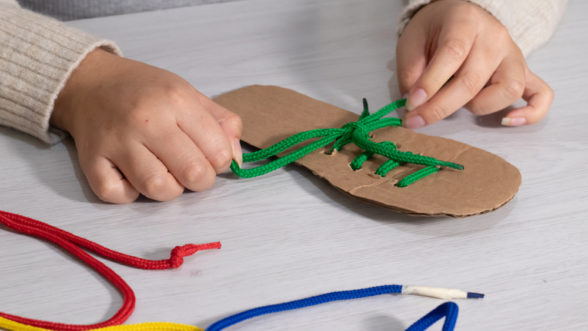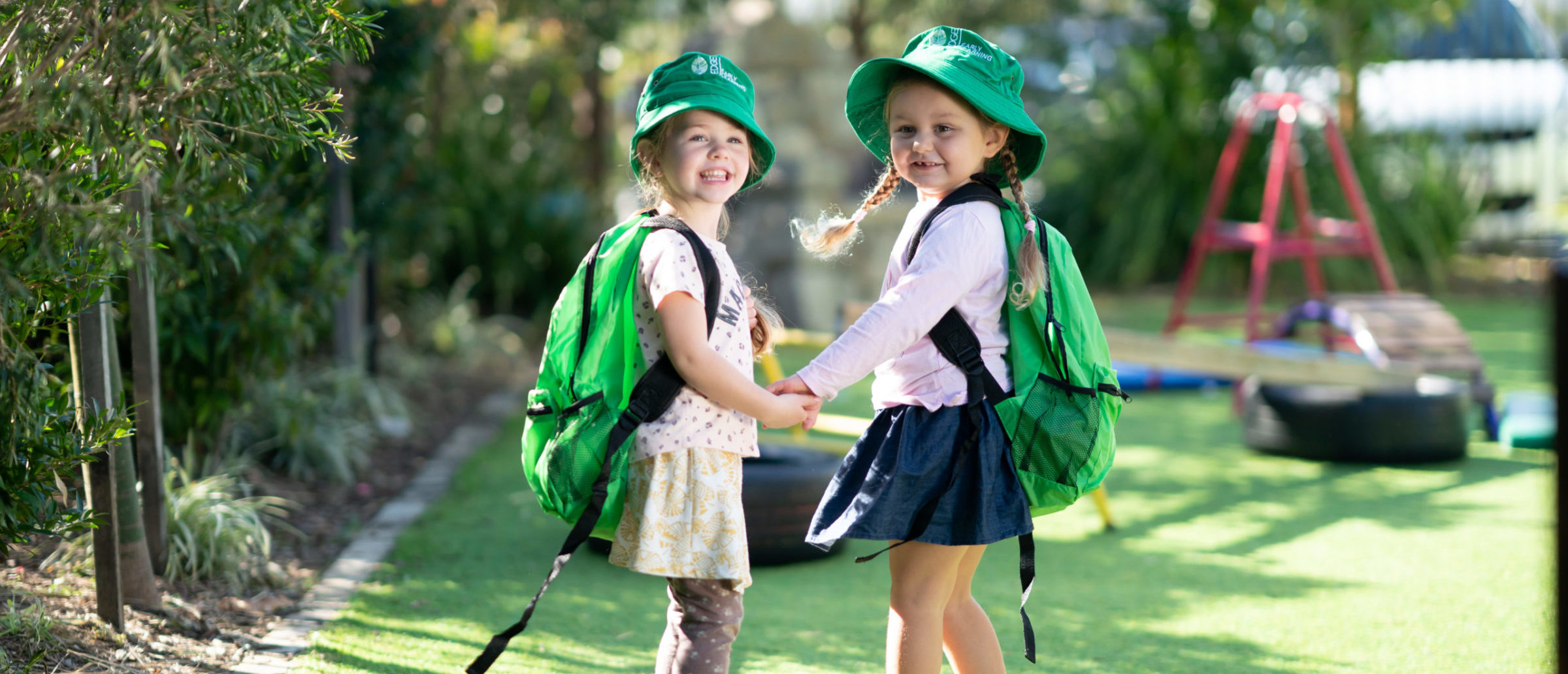
Education, Useful tools
Education, Useful tools
13 August, 2020

The first day of ‘big school’ marks a massive transition for your child, and you want to make sure they begin their journey with their best foot forward. Here are some of the skills they should master before beginning school.
From properly holding their pencil to being able to safely cut with scissors, your child will face an increased need to use stationery once they start school. To develop the necessary fine motor skills, ensure they play with plenty of play dough, buttons, threading and squeezing activities, and get hands on with craft activities that utilise the stationery they’ll need for school.
School may be one of the first places your child has to eat without the help of an adult, so it’s important they know how to operate their lunchbox or food containers. Buy their lunchbox a few months in advance, and let your child eat from it before they officially start school to increase their familiarity. Consider doing the same with their school bags and pencil cases, too.
Much like with their fine motor skills, giving your child opportunities to practice their gross motor skills – including running, jumping, catching and kicking – before starting school will help them adjust. From the playground to their PE lessons, your child will be required to do a lot of moving when they start school, so it’s useful to involve them in extracurricular physical activities before their first day.
Posture is key for a number of school activities, from writing neatly to increasing focus and concentration. Extracurricular activities like gymnastics, swimming and soccer are all great for improving core strength, but don’t underestimate the power of fun muscle tasks at home like wheelbarrow walks, sit ups and general play. You should also encourage your child to sit up straight when eating or doing tabletop tasks.
It’s one of the biggest milestones in a child’s life, and the earlier your child learns how to tie their own shoelaces, the more independent they will become. Before they start school, give your child plenty of opportunities to practice tying secure bows in their laces – there are loads of tips and tricks online to help you. It will do their fine motor skills (and their confidence) a world of good.
For literacy learning at school, which is learning to read and spell, kids need a good foundation of language. Having a vocabulary and a good understanding of language, before literacy, can be fostered through simply talking to and reading with your child. When you’re out and about with your child or even at home playing, teach them new words and repeat them throughout the day. Repetition is key!
Exposure to print provides the foundation for so many of the activities your child will undertake at school, from reading the board to writing stories, and even doing maths. When you read with them, have your child trace their finger along the words as they or you read them – even if your child can’t read yet, this activity will help them develop an understanding that there are shapes and letters that stand for certain words.
School brings about a lot of new challenges for children, but one of the most profound is the structure and routine it provides. For children who haven’t been through kindergarten or day-care, this can be a major obstacle. Structured pre-school activities allow children to become familiar with set routines, with eating times and group activities, though, if you’re diligent, you can introduce your child to this concept at home, too.
Your child doesn’t need to get themselves to school or pack their own lunch from the get-go, but there are some key foundational skills that will help them adjust to the fact that they aren’t around mum or dad all day, every day. For example, going to the toilet by themselves and knowing how to ask for help are both very important when transitioning into the school environment.
If your child is not in kindergarten or day-care, getting involved in extracurricular activities or playgroups will allow them to start to develop the social skills needed for school. It’s important for children to learn how to build a meaningful connection or friendship, how to initiate conversations and what appropriate behaviour towards another child or person is.